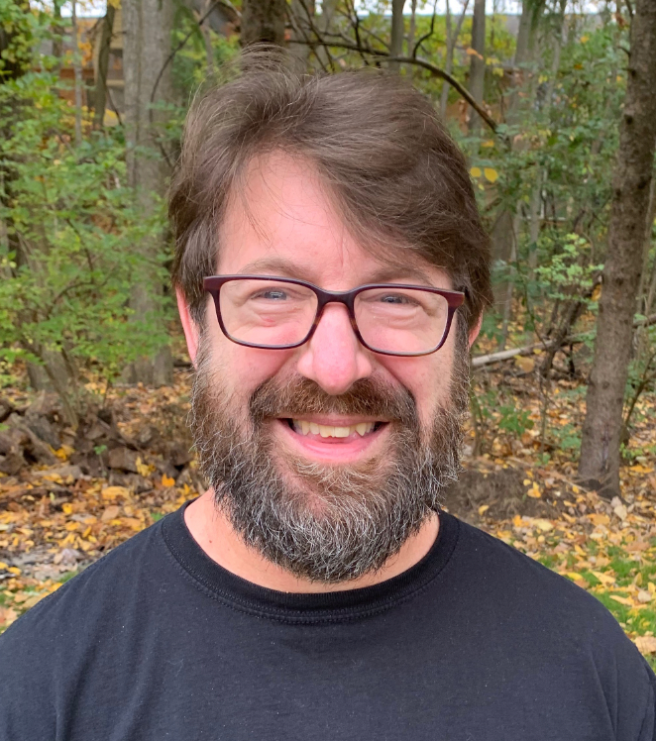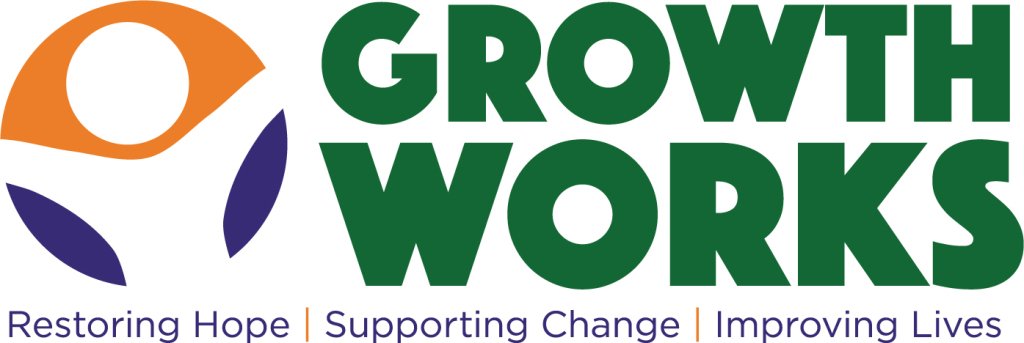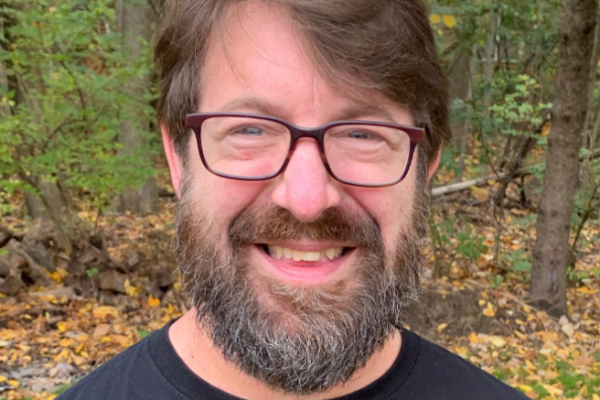Who are you?
My name is Josh Meisler. I am a social worker and father of two school-aged daughters.
What do you do professionally?
I manage Recovery Support Services programming for Growth Works Inc. We are a non-profit agency based in Wayne County, Michigan.
Do you have any personal interest in addiction and recovery that you’d like to share?

I am a person in long-term recovery from a substance use disorder. My life and the lives of my loved ones and communities have been profoundly shaped by addiction and recovery. Addiction is also a social justice issue, so my broader national and global communities are also shaped by addiction-related issues and circumstances. Those are sources of my personal interest in addiction and recovery.
Tell us about your professional experience in the area of addiction and recovery.
My first position in the field was as a street outreach worker, serving people experiencing homelessness in Boston, MA. Our target populations were substance abusing individuals. I became involved in advocacy through the Massachusetts Housing and Shelter Alliance Substance Abuse Committee.
After spending some time working in agencies that served people experiencing homelessness, I was motivated by the stark lack of services for substance abusing youth as a subset of the populations we served, to find a way to best serve these people in particular.

After returning to my home in Michigan, I found a position with Growth Works providing clinical SUD treatment to youth, which really means youth and their families and caregivers, who were adjudicated in Juvenile Drug Treatment Courts in Livingston and Washtenaw Counties.
I was able to help Growth Works establish our Recovery Support Services programs, where we respond emergently to police departments and a hospital, and also provide coaching to our agency’s clinical clients and to participants in sobriety and drug courts in Western Wayne county. When I was offered the opportunity to lead our Recovery Support Services, I moved into my current role as Program Manager.
What are you most proud of?
In my work life? I am proud of establishing Peer Recovery Coaching as a feature of the Juvenile Drug Treatment Court team in Washtenaw County, I think we are the first JDTC in the state to integrate dedicated peer recovery services in that setting. The talented and passionate Coaches in that program have broken ground and I think are developing amazing practices with this needy and wonderful population.
I am proud to be a part of an organization that provides high quality care to many people who might otherwise not have access to it.
The other day I saw the mother of a young person who had been in my treatment program four or five years ago. She approached me, and spoke with passion and emotion about her gratitude for the work we had done with her and her family. Those rare chance meetings are great gifts, and are always my proudest moments.
What keeps you working in addiction and recovery?
I feel extremely lucky to be able to work in our field. I love the people we serve, and I love the opportunity to support individuals who are attempting to change. I know personally as well as professionally that there is a powerful positive ripple effect through our families, communities, and society, when a person with addiction recovers. The little charges we get from running into old clients, and other opportunities to reflect on the change we’ve been able to witness and support, keep me energized and motivated to grow. We have come a long way, and we still have a long way to go.
How has the pandemic affected your work?
It has affected my work profoundly, as with everyone, I expect, because it has affected my life profoundly.
I am extremely fortunate and grateful to work for an agency which made an early and comprehensive commitment to maintain every employee’s compensation and position. That allowed us as employees to really focus on how best to continue to serve our clients, collaborators, and stakeholders, in these unprecedented conditions.
Shifting clinical and recovery support services to remote delivery has been extremely challenging, especially as we serve a lot of folks who are not well connected socially or well-resourced in the best of times. Developing formats and procedures to deliver a variety of individual and group therapy and recovery support services has taken a lot of work. Similarly, working with our many partner agencies and organizations to continue effective collaboration has required a lot of effort and energy.
Personally, the move to working from home, while also providing care to my children and other family members, has been a learning experience, that is not without advantages. It has been good for me and my kids to have more time together, to slow down a little, and to be more focused on our family life. Trying to help them do their school work while I work at the kitchen table is a challenge for all of us.
What effects of the pandemic are you observing in the people you serve?
Well, as we all know, SUD and addiction treatment and recovery are complicated and compounded by socio-economic strain and social isolation. There has been a lot of socio-economic strain and social isolation these past few months. Our clients with co-occurring mental and physical health conditions are most severely impacted. Serving youth and families who are struggling to meet basic needs is difficult in the best of times. There is always a lot of powerlessness and witnessing in our work, now as much or more than ever.
What, if any, long term effects do you anticipate on the field?
Again, I am proud of the way we have been able to pivot to providing services remotely, through telehealth services, rapidly and effectively. Obviously, there are benefits and costs to providing SUD services in these formats. I expect that remote e-services will emerge as a greater proportion of treatment services going forward. I believe that some of what happens between treatment and recovery support professionals and our clients cannot be replicated through a screen, and I worry that our industry will be attracted by the potential cost savings of remote services at the expense of client care.
I expect that many of us will never return to the office or clinic full time, and that is not necessarily a bad thing, especially for those of us who have safe and comfortable spaces to do some work at home. Still, the energy that is generated and shared in an effective “in real life” interpersonal encounter, be it clinical or in support services, can probably never be completely replicated through a screen or a speaker.
Have you seen any benefits or new opportunities in the pandemic?
For whatever reasons, I think we have seen advocacy for addiction, and behavioral health services in general, from some unexpected places through this ordeal. I hope that we can maintain that attention and translate it into dollars and programs with lasting positive effect.
In my work at the intersection of juvenile and criminal justice and addiction, I see the pandemic and the attention to social inequity that has accompanied it in these past 6 months as yet another opportunity to refocus our responses to addiction toward treatment and away from criminalization. In the communities that my agency serves, we see some positive concrete initiatives towards that goal. We have come a long way, and we have a long way to go.
If you were able to work on a fantasy project to improve treatment and recovery support, what would it be?
Wow, that’s a hard question to answer briefly or concisely. My fantasy would be to develop a wholistic system of long-term care for people with addiction and substance use disorders which focused on the underlying causes and conditions that lead many of us into addiction, including lack of education, employment, healthcare, trauma recovery, and other community resources. My friend and colleague Matt Statman reminded me recently of an answer to an interview that Bill White received from a provider in Chicago and I’ll paraphrase it, with apologies, here: We do not have a lack of sufficient Pain to recover, we lack sufficient Hope.
